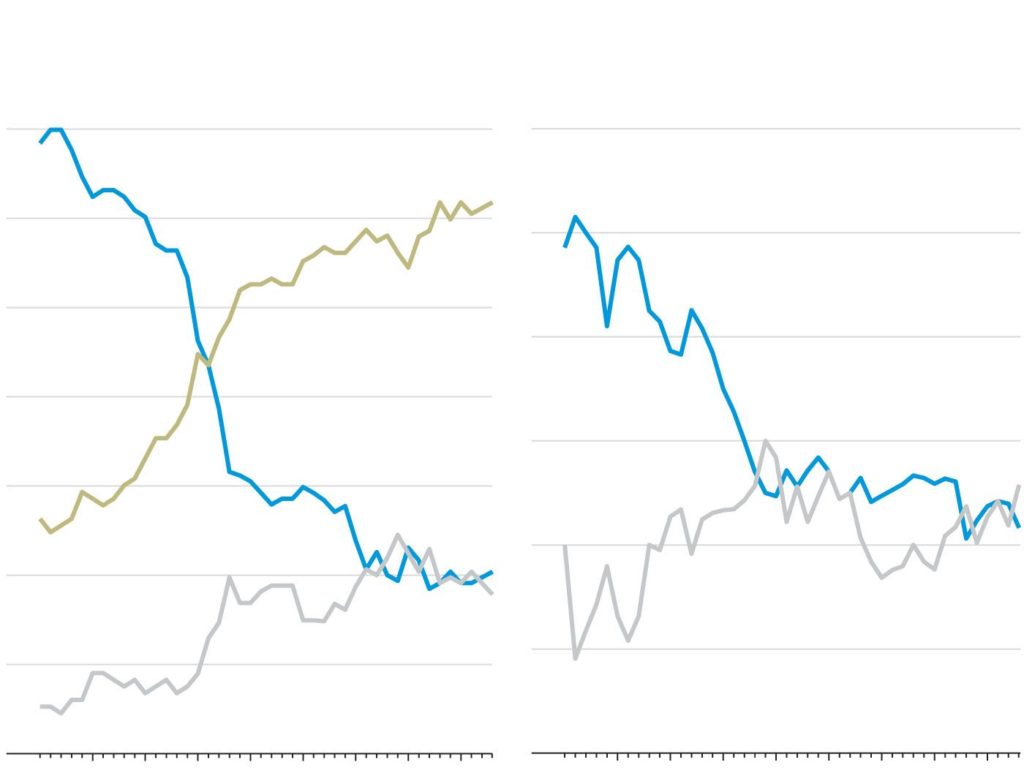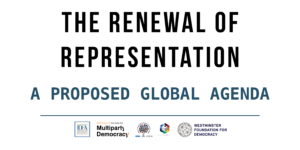
Source: IDEA/WSJ
There is no single explanation for democracy’s travails. Rather, a set of forces have come together to make it more difficult to knit together cohesive societies and governing coalitions. The central questions are whether democracy’s current problems represent simply one of the periodic bouts of adjustments democratic societies must make, or whether something more corrosive is under way, The Wall Street Journal’s Gerald F. Seib writes:
 The International Institute for Democracy and Electoral Assistance, an organization founded to foster the spread of democracy, declared in a report a few weeks ago: “Democracy is under threat and its promise needs revival.” Similarly, researchers at Vanderbilt University concluded recently that “democracy is at risk of further backsliding in the Americas.”…
The International Institute for Democracy and Electoral Assistance, an organization founded to foster the spread of democracy, declared in a report a few weeks ago: “Democracy is under threat and its promise needs revival.” Similarly, researchers at Vanderbilt University concluded recently that “democracy is at risk of further backsliding in the Americas.”…
Authoritarian governments, particularly in Russia and China, are pointing to these trends as signs of the flaws of Western democracies—and, more than that, taking steps to make exacerbate the difficulties…..In congressional testimony several months ago, Christopher Walker, vice president of the National Endowment for Democracy (NED), said that China has been using its economic clout “to promote its own preferred ideas, norms and approaches to governance.”
 “The condition of democracy around the world is serious, but by no means terminal,” says NED board member William J. Burns, a former deputy secretary of state. “Many democratic countries are suffering a deep crisis of governance, a set of dysfunctions that is paralyzing their ability to get things done for their citizens.”
“The condition of democracy around the world is serious, but by no means terminal,” says NED board member William J. Burns, a former deputy secretary of state. “Many democratic countries are suffering a deep crisis of governance, a set of dysfunctions that is paralyzing their ability to get things done for their citizens.”
“The good news is that this is not the first time American democracy has had to reform itself and revive its sense of purpose,” says Mr. Burns. “For all the corrosive damage of recent years, we’re still resilient and adaptable,” he tells the Journal’s Seib. RTWT







